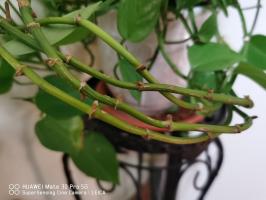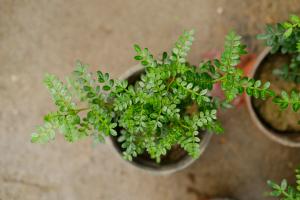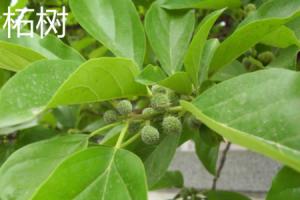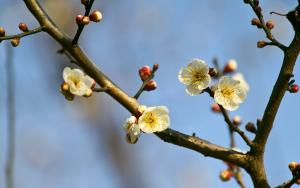Should I Water My Plants Manually?
Keeping plants healthy and thriving is a task that requires careful attention and maintenance. One of the most vital aspects of plant care is making sure they receive the appropriate amount of water. Many plant owners wonder whether they should water their plants manually or rely on other methods. In this article, we will explore the benefits and drawbacks of watering plants manually.
The Benefits of Watering Plants Manually
There are a variety of benefits associated with watering plants manually. For starters, manual watering allows for close monitoring of the plant's soil and water intake. By manually watering your plants, you can visualize how much water is being distributed and can ensure that each plant is receiving an appropriate amount. Additionally, manual watering allows for targeted watering, which can be especially beneficial for plants that require more or less water than others. Finally, manual watering may be more cost-effective if you live in an area with high water bills.
The Drawbacks of Watering Plants Manually
While there are certainly benefits to watering plants manually, there are also some drawbacks to consider. Manual watering can be time-consuming, especially if you have a lot of plants or a large garden. Additionally, manual watering can be inconsistent, as it can be difficult to ensure that each plant is receiving an equal amount of water. If you are not experienced with watering plants manually, you may also be at risk of over or under-watering your plants, which can be detrimental to their health.
Alternative Watering Methods
For those who are not interested in watering plants manually, there are a variety of alternative watering methods to consider. For example, drip irrigation is a popular method that uses hoses with small holes to slowly distribute water to plants. This method can be more efficient and consistent than manual watering, as it allows for precise water distribution. Additionally, automated watering systems that utilize timers can be effective for those who have busy schedules or travel frequently.
Factors to Consider When Choosing a Watering Method
When deciding how to water your plants, there are several factors to consider. First and foremost, consider the specific needs of each plant, as different species require varying amounts of water. Additionally, consider your own schedule and capabilities. If you have a lot of time and enjoy gardening, manual watering may be a good option. However, if time is limited and you want a more hands-off approach, alternative watering methods may be a better fit. Finally, consider your location and climate, as these factors can impact the amount of water needed by plants.
The Verdict: Should I Water My Plants Manually?
Ultimately, the decision to water your plants manually or not will depend on your individual needs and preferences. While manual watering may be more time-consuming and potentially inconsistent, it allows for close monitoring and can be cost-effective. Alternative watering methods may be a better fit for those who have limited time or are looking for a more hands-off approach. The most important factor to consider is the health and well-being of your plants, so take the time to evaluate each method and choose the one that is best for you and your plants.

 how many times do yo...
how many times do yo... how many planted tre...
how many planted tre... how many pine trees ...
how many pine trees ... how many pecan trees...
how many pecan trees... how many plants comp...
how many plants comp... how many plants can ...
how many plants can ... how many plants and ...
how many plants and ... how many pepper plan...
how many pepper plan...































